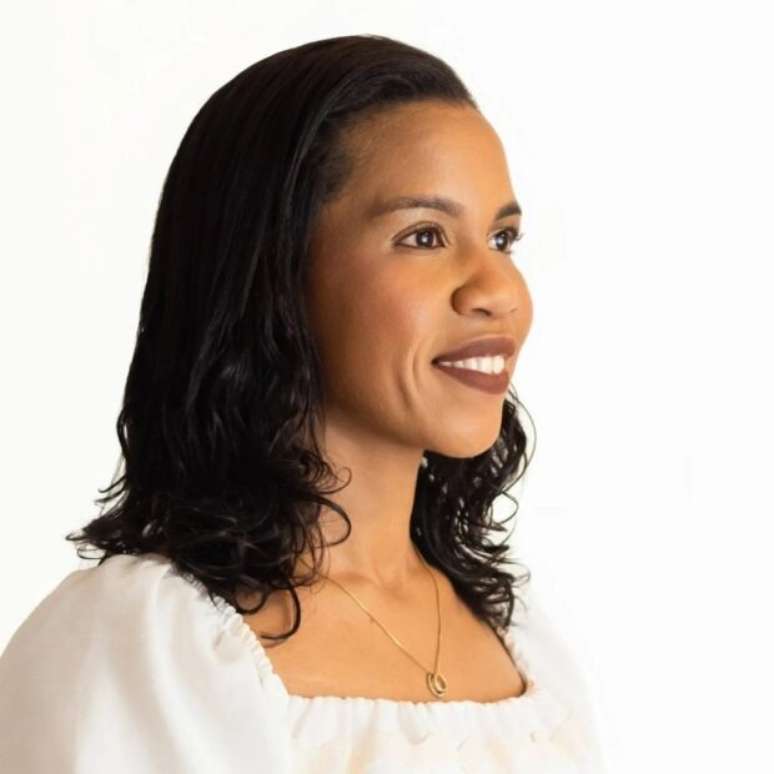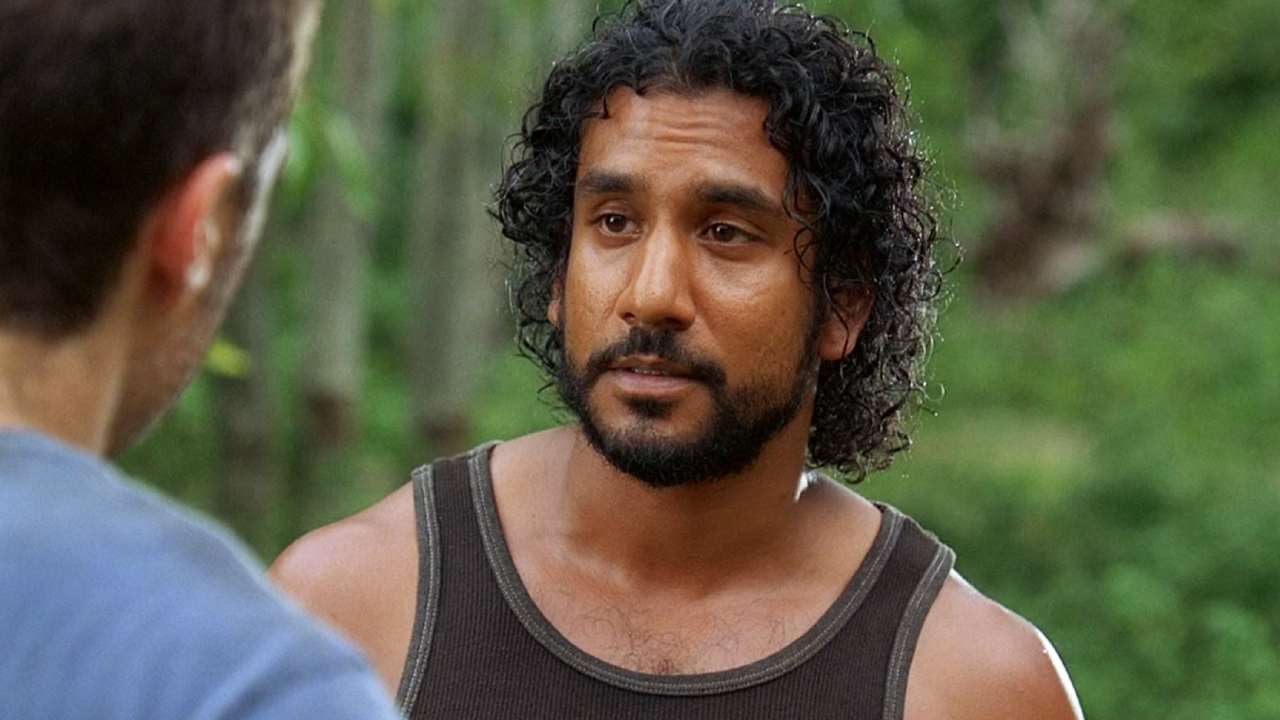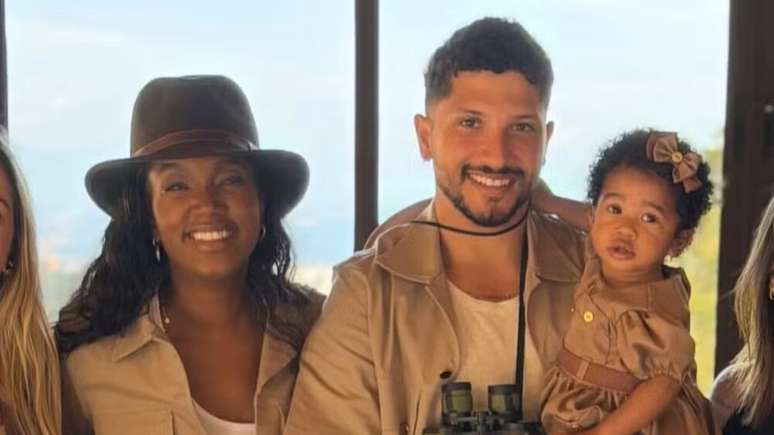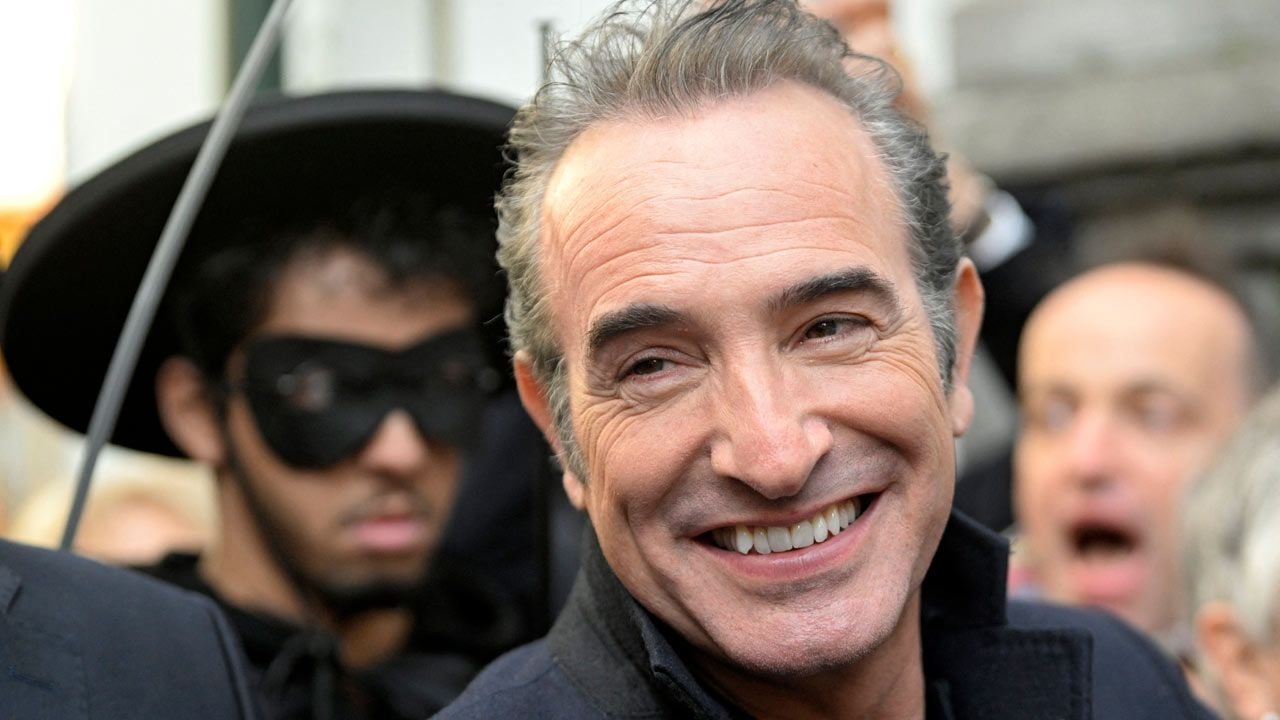Vânia Euzébio, clinical psychoanalyst, states that the overload without emotional support led women to land and defend the treatment that goes beyond pain, focusing on healing and emotional reprogramming
The tiredness, the sense of helplessness, the constant fault and the impression that, no matter how long, it is never enough. According to Vânia Euzébio, clinical psychoanalyst and behavioral therapist, this is the silent reality of many women, in particular those who try to reconcile multiple functions without emotional, familiar or social support.
For Vânia, the practice of the therapeutic approach that goes beyond identification of the problem and involves emotional healing and behavioral reprogramming is essential.
The weight of guilt and cancellation of the car -care
According to the therapist, the emotional overload faced by many women is linked to the absence of the support network and the internal pressure of being always sufficient for everyone. “They feel tired, overwhelmed and guilty of not realizing everything. This generates a feeling of disability that leads to excessive efforts not to fail. And in this process, the car -the leisure and time of solitude are canceled,” he says.
This progressive cancellation of one’s well -being has serious effects. The collapse of the body and mind, which makes room for emotional diseases such as chronic stress, burnout syndrome, anxiety and depression.
Phrases like “I can no longer take it” and “I feel I don’t leave the place” are common in the psychoanalyst care. For her, these signs are typical of low self -esteem, a feeling that may have been structured by childhood. “Every time a woman feels she is not able, who doubts her value, there is an emotional root behind it, and often this root is during childhood. Working this origin is the starting point. It is not enough to understand the pain; it is necessary to treat it”, strengthens.
Emotional healing and acceptance
The professional is emphatic in differentiating what she calls “pain acceptance” with a true healing process. “I do not work with the acceptance of pain, but with healing. Some methods stop in the information: identify the problem, but do not advance to the transformation. This can generate even more suffering, especially if the patient is weakened,” he explains.
For her, the real treatment begins when the brain reprogramming begins, with the change of models and behaviors rooted in pain.
A fundamental part of this process is self -knowledge. Vânia states that once the patient understands his temperament, his trauma and the standards, the unconscious becomes receptive to the healing process.
But your approach goes beyond the walls of the office: it also gives priority to follow in times of crisis, be careful to consider essential to accelerate the results. “I work with people in crisis and be accessible in these moments is decisive. During the crises, we have tested specific therapeutic exercises to find out what works for that person. It is a practical way to take care of the emotional urgency while dealing with deep roots.”
The end of the line is Chiara in Vânia: it is possible to get out of this cycle of pain, tiredness and guilt, but it takes courage to seek help and a therapeutic look that goes beyond the surface. “Emotional pain cannot be normalized or ignored. If treated with responsibility and depth, it becomes strength, clarity and freedom,” he concludes.
Source: Terra
Rose James is a Gossipify movie and series reviewer known for her in-depth analysis and unique perspective on the latest releases. With a background in film studies, she provides engaging and informative reviews, and keeps readers up to date with industry trends and emerging talents.






